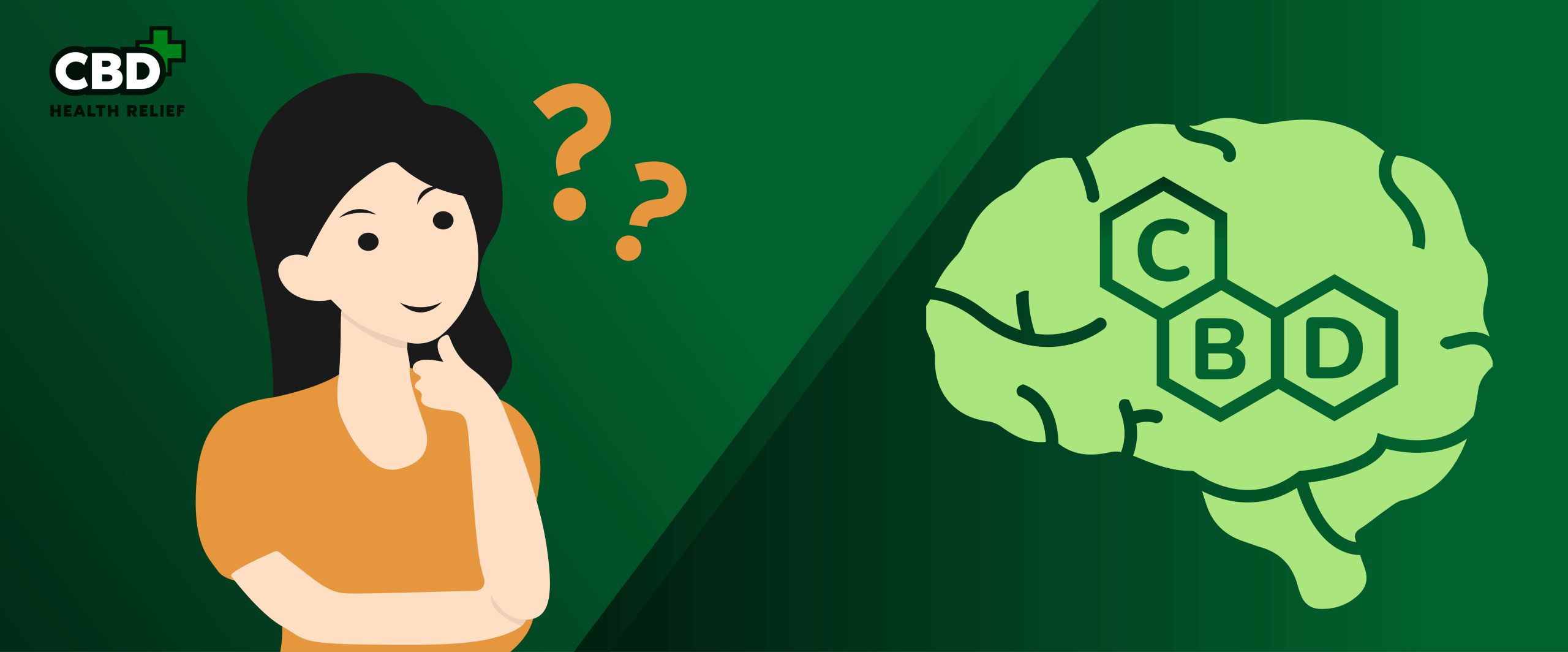FAQs
Frequently Asked Questions about CBD

Here are some of the most common FAQs about CBD:
CBD (cannabidiol) is a chemical compound in cannabis that interacts with the endocannabinoid system in your body. Researchers believe cannabinoids have a range of potential therapeutic benefits, and many people use it as a supplement or natural remedy.
The endocannabinoid system, or ECS, is a biological system of receptors, enzymes, and endocannabinoids found throughout the body. These receptors interact with cannabinoids like CBD and THC, triggering specific physiological processes.
When we consume CBD and other cannabinoids, they interact with these receptors, aiding various functions in the body. This is because the ECS is responsible for many vital functions, including our immune system, digestion, sleep, mood, and more.
When we consume CBD and other cannabinoids, they interact with these receptors, aiding various functions in the body. This is because the ECS is responsible for many vital functions, including our immune system, digestion, sleep, mood, and more.
Although CBD may positively affect your mood and well-being, it will not make you feel “high.” CBD is non-intoxicating and will not alter your mental state in the same way that THC can.
As a natural therapeutic without the adverse side effects that come with medications, many people are turning to CBD for its potential benefits. So far, researchers have found CBD may help with the following:
Pain relief
Reduced inflammation
Anxiety and depression
Certain skin conditions like psoriasis and eczema
Insomnia and other sleep disorders
Epilepsy
Research into CBD’s potential benefits is ongoing, and further studies may soon reveal added uses.
Research into CBD’s potential benefits is ongoing, and further studies may soon reveal added uses.
If possible, it’s best to use CBD daily. It works best when built up in your system and can have a cumulative effect over time.
Speak with a healthcare provider before taking CBD if you’re unsure how often to take it. They will be able to advise on how often you should take CBD and if it could interact with any medications you’re taking.
Speak with a healthcare provider before taking CBD if you’re unsure how often to take it. They will be able to advise on how often you should take CBD and if it could interact with any medications you’re taking.
How long it takes for CBD to have an effect will depend on several factors, including why you’re taking it. For example, if you’re using CBD oil for anxiety, it may take longer to have an effect than if you’re using it topically for pain relief.
Factors that will affect how long it takes for CBD to work include:
Your weight and body chemistry
The type of CBD product you’re using
How often and how much you take
The quality of your CBD product
In general, CBD may take anywhere from fifteen minutes to two hours to work for some people. However, it could take a few days or even weeks to see results for certain ailments.
Factors that will affect how long it takes for CBD to work include:
In general, CBD may take anywhere from fifteen minutes to two hours to work for some people. However, it could take a few days or even weeks to see results for certain ailments.
Full-spectrum CBD products contain a full range of different cannabinoids, terpenes, and flavonoids. These compounds all work together to create an effect known as the entourage effect, which is thought to provide more powerful therapeutic benefits than CBD can alone.
It’s important to point out that these products contain trace amounts of THC but not enough to cause a psychoactive effect. Including trace amounts of THC may enhance the effects of other cannabinoids, but if you’re trying to avoid it, broad-spectrum products contain the same compounds without THC.
It’s important to point out that these products contain trace amounts of THC but not enough to cause a psychoactive effect. Including trace amounts of THC may enhance the effects of other cannabinoids, but if you’re trying to avoid it, broad-spectrum products contain the same compounds without THC.
You should always store your CBD products in a cool, dark, and dry place. Store them away from direct sunlight or heat to preserve their potency and ensure they last as long as possible.
When it comes to edibles, store them in an airtight container to preserve their flavour and freshness.
When it comes to edibles, store them in an airtight container to preserve their flavour and freshness.
The side effects of CBD are usually mild, and most people tolerate it very well. In most cases where it causes an adverse reaction, it’s because of over consumption or poor-quality CBD products.
Common side effects may include:
Dizziness
Dry mouth
Nausea
Fatigue
Diarrhea
Changes in appetite
Furthermore, taking CBD with certain medications can also cause side effects, so always talk to your doctor or healthcare provider before taking CBD.
Common side effects may include:
Furthermore, taking CBD with certain medications can also cause side effects, so always talk to your doctor or healthcare provider before taking CBD.